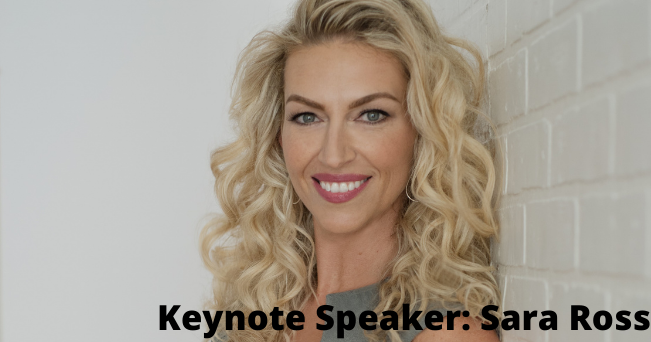2021 SROA Annual Meeting Keynote Session: Leading with Vitality - Presented by Sara Ross

By: Tammy McCausland
SROA’s 38th Annual Meeting kicked off with a keynote presentation by Sara Ross, Chief Vitality Officer at BrainAMPED, a leadership research and coaching firm.
Three key takeaways from her presentation about developing a vitality mindset are:
- Be willing to unlearn old intentions and re-learn new responses to serve that impact.
- Shift your thinking from, “What’s wrong with them?” to “I wonder what’s going on with them.”
- Write your own positive proof with a resilience resume. Keep it close, update it often, refer to it regularly.
It’s a hard balance, Ross said, to respond to people in a way that’s authentic while also building trust. In the moments, we don’t always respond the way we wish we could or in a way that represents how smart and caring we are. Micro-moments compound on one another, and they can build or fracture relationships, and they can prevent or help us get things done.
People want to work for people who are accountable (genuine) and empathetic (they have our backs). Accountability, Ross said, is rooted in self-awareness, being willing to admit a mistake, being open to feedback and willing to take action. We judge ourselves by our good intentions, but people only observe our behavior, our inflections, and our impact, which is where the disconnect happens.
Our brains are programmed to process emotions first and logic second. Emotions can impact good intentions. Emotions are data; they are important to everything they do. Emotions are contagious: we match other people’s breath rates in as little as 30 seconds. Unaddressed emotions can create a disconnect between intentions and impact, Ross said. She pointed out that people listen to understand or listen to build a case. And feedback feels like people are criticizing our good intentions, and that’s where accountability starts to go out the window.
Breathing doesn’t make you empathetic. As cortisol goes up, empathy goes down. As Ross pointed out, empathy isn’t about being nice to everyone; empathy happens when we meet people where they are. People need to feel heard, understood, and respected.
Ross recommended the SLOW strategy:
Stop: Intercept your emotional reaction.
Language: Check in with your body language (how it’s communicating what you want to be communicating).
Oxygenate: Reground with your breath (add oxygen into your body to get rid of stress; sighs do not de-stress).
Wonder: I wonder. . . what’s my impact?
Finally, it’s only in reflection that we feel resilient. We need to be able to stop and look back (reflect), to see the learnings and the growth, Ross said. Rest, self-care, and replenishment are acts of leadership. Exhaustion does not need to come with success, she said.
Do you think the SLOW technique will work for you? Do you do something similar?
We would love to hear your experiences.
Share your thoughts here, or login to SROA Connect and join the conversation. If you are not a member of SROA yet, learn more about joining the radiation oncology association serving the niche profession of Radiation Oncology Administrator.
Related Content:
Meet Sara Ross
Resilience Resume
Links:
SROA Blogs
Society For Radiation Oncology Administrators (SROA)
2021 SROA Annual Meeting
Comments